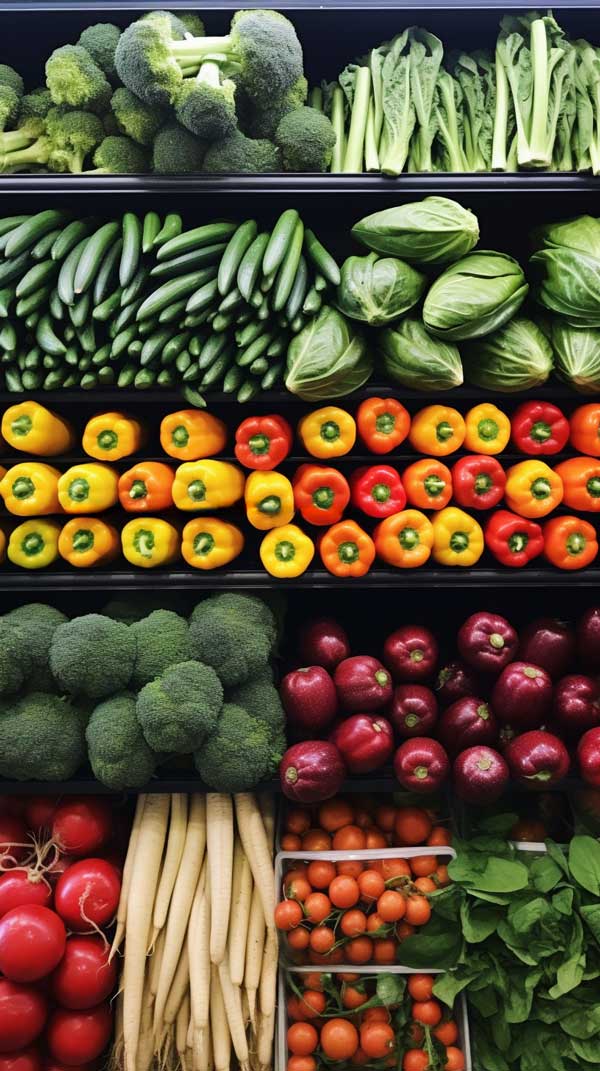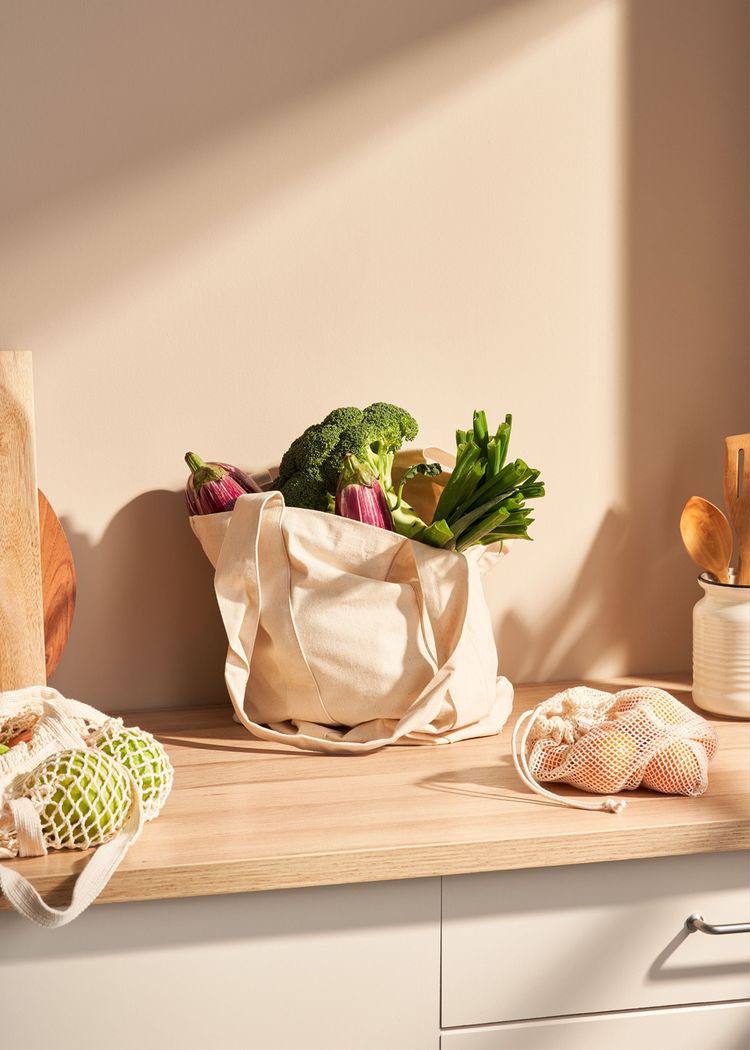Guide
Seasonal foods
Learn the seasonality of fruits and vegetables this month! On this page you can learn what seasonality of products is and why to stick to it. Remember that using seasonal produce is the key to a healthy lifestyle.
Seasonal foods not only have a brighter flavour, but also contain more nutrients that your body needs at certain times of the year. You can easily plan your meals with seasonal foods in mind: the seasonality of vegetables, fruits, berries and other foods. Using seasonal produce is rich in vitamins, minerals and antioxidants that help boost your immune system and keep you healthy. Such foods contain fewer pesticides and chemicals. In addition, using seasonal produce is very physiological for our GI organs, such foods promote climate resilience and help keep us in harmony with our environment. Also, they are more affordable!
Don’t miss the opportunity to use all the benefits of seasonal products with me! Take care of your health, make the right and healthy choices and enjoy natural and fresh products every day!
A world of seasonal foods
Every year more and more people realise the importance of eating right. However, what exactly is “proper” nutrition? One answer to this question is the use of seasonal produce. These are foods that are grown and harvested at certain times of the year when they reach their peak flavour and nutritional content. Unlike foods that are grown in greenhouses or stored in refrigerators for months, seasonal produce is usually fresher, tastier and healthier.
Seasonality of produce: benefits
Health benefits:
Seasonal foods, such as berries in summer or root vegetables in autumn, usually contain more vitamins, minerals and antioxidants. For example, summer berries such as raspberries, blackberries and currants are known for their high levels of vitamin C and antioxidants, which help strengthen the immune system.
Economic benefit:
Seasonality in vegetables is a great opportunity to save money! Buying seasonal produce can also be more economical. When fruits or vegetables are in season, there are usually more of them on the market, which can lead to lower prices.
Environmental aspect:
Using seasonal produce can also reduce your carbon footprint. Produce that is not in season is often shipped from far away, which increases their carbon footprint due to transport.

Seasonality of products by seasons
Summer is the time of year when nature lavishes us with its gifts. Berries such as raspberries, blueberries and strawberries become the base of many desserts and salads. Fruits such as apricots, peaches and melons are perfect for refreshing smoothies or simply as a snack. Vegetables such as tomatoes, cucumbers and aubergines are perfect for light salads or grilling.
Autumn is harvest time. Potatoes, carrots, beetroot and other root vegetables become the basis of many traditional dishes. Berries such as cranberries and cranberries add tartness and sweetness to various sauces and desserts.
In winter, many people think that fresh produce is scarce, but this is not the case. Citrus fruits such as tangerines, oranges and grapefruit are a source of vitamin C during the colder months. Vegetables such as cabbage, Brussels sprouts and onions can be flavoured in many ways.
See my recipes with seasonal foods in my blog.
How to choose and store seasonal foods correctly.
Selection tips: When choosing seasonal products, pay attention to their appearance and flavour. Fresh produce usually has a bright, rich colour and pleasant aroma. Seasonal produce is brightly coloured and aromatic. Avoid produce with stains, dents or signs of spoilage.
Storage: To preserve the freshness and nutritional benefits of seasonal produce, store it in the refrigerator or in a cool place. Some produce, such as tomatoes or bananas, are best stored at room temperature.
Myths and reality about seasonal products
Myth 1: Seasonal foods are more expensive. In fact, when a product is in season, there is usually more of it on the market, which can lead to lower prices.
Myth 2: Seasonal produce don’t taste as good. In reality, they often have a brighter and richer flavour compared to products grown in greenhouses.
FAQ on seasonal produce:
What is seasonal produce?
These are fruits, vegetables and other foods that are grown and harvested at a certain time of year when they are at their peak of flavour and nutrition.
Why are seasonal foods healthier?
Seasonal foods are usually fresher, contain more vitamins and minerals because they are harvested at the optimum time for them.
How do you know what produce is in season?
The best way to find out is to visit local markets or farm shops. Also, many websites and apps provide seasonality calendars for produce.
Can seasonal foods be cheaper?
Yes, when a product is in season, there is usually more of it on the market, which can lead to lower prices due to high supply.
How do I properly store seasonal products?
Most seasonal produce is best stored in the fridge to keep it fresh. However, some produce such as tomatoes or bananas are best stored at room temperature.
Why choose seasonal produce over greenhouse produce?
Seasonal produce is grown outdoors and reaches maturity naturally, which makes it tastier and more nutritious. Greenhouse produce may be grown using pesticides and other chemicals, and may be less flavourful due to artificial growing conditions.

